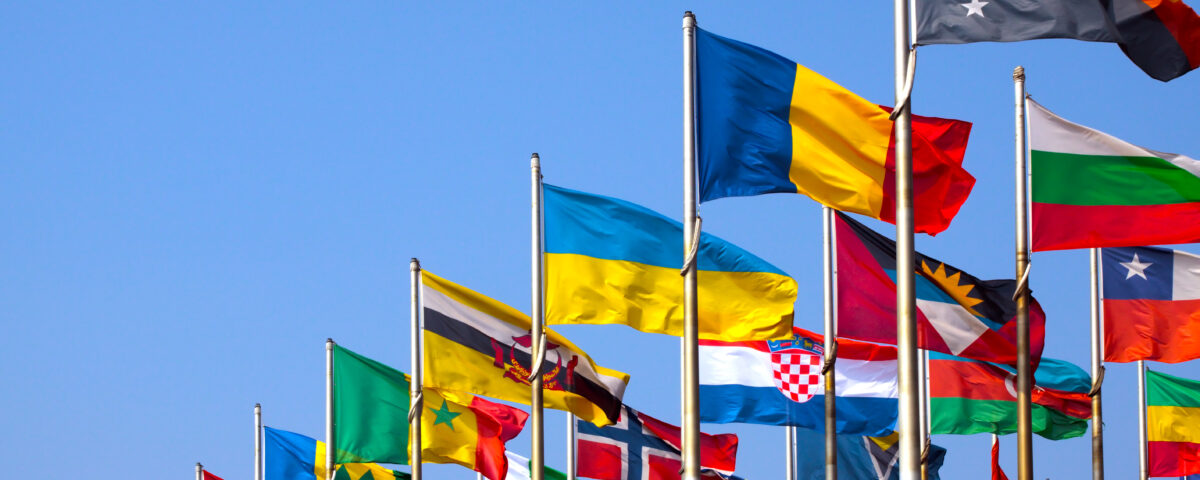
The United States Catching Up and Taking a Lead on AI Regulation
January 25, 2024
Glenlead cited by the House of Lords Communications and Digital Committee
March 20, 2024Submission to UN Code of Conduct on Information Integrity on Digital Platforms

Flags on blue sky, Leipziger Messe, Leipzig, Germany
Glenlead authors submission to the UN Code of Conduct on Information Integrity on Digital Platforms on behalf of the International Panel on the Information Environment (IPIE)
15 January 2024
Glenlead Executive Director, Dr Ann Kristin Glenster, authored the submission to the UN Code of Conduct for information integrity on digital platforms. on behalf of the International Panel on the Information Environment (IPIE).
The intention for the Code of Conduct was set out in the United Nations’ Policy Brief 8: Information Integrity on Digital Platforms, explaining that while there are numerous benefits to digital platforms, they also give rise for concern over misinformation, disinformation, and hate speech, which poses a risk to democracy. The Code of Conduct is therefore an initiative to set a “gold standard for guiding action” to restore integrity to the online information environment.
This submission argued for the following to be included in the Code:
- Commitment to information integrity: Include an obligation for stakeholders to correct misinformation and disinformation
- Respect for human rights: Researchers should be granted access to data and systems so that they can map hate speech on digital platforms and assess countermeasures and their impact on human rights
- Support for independent media: Independent national media that conducts fact-checking in local languages should be supported
- Increased transparency: Researchers should have access to the data and systems of digital platforms without delay or incurring unreasonable costs
- User empowerment: Content labelling and corrective information should be promoted as validated countermeasures to misinformation and disinformation on digital platforms
- Strengthened researcher access: Digital platforms should adopt a ‘disclosure by default’ approach to granting researchers access to data and systems, and more research in more countries and more languages is urgently needed
- Scaled-up responses: Research on the information environment should be encouraged in all parts of the world and in languages other than English
- Stronger disincentives: Researchers should be given access to how digital platforms counter mis- and disinformation, and the research
- Enhanced trust and safety: Research is needed on AI in the information environment, and AI should not be used to shape the information environment unless it is safe, secure, responsible, ethical, and human-rights compliant
This is the first of several policy submissions the Glenlead Centre is delivering to the IPIE.
Since its launch at the Nobel Prize Summit: Trust, Truth and Hope in Washington D.C. in May 2023, the IPIE has rapidly become a leading global independent organisation dedicated to providing actionable scientific knowledge and threat to the information environment. From its first base at Balliol College at the University of Oxford, and now its home in Zurich, Switzerland, the IPIE has grown to a community of several hundred affiliated scientific experts from more than fifty-five countries around the world.
The Glenlead Centre has been commissioned by the IPIE to take a lead on its strategic policy work, which entails sourcing opportunities and authoring policy recommendations based on the organisation’s evidence-based findings for key global stakeholders.
The full submission to the UN Code of Conduct can be read here.


